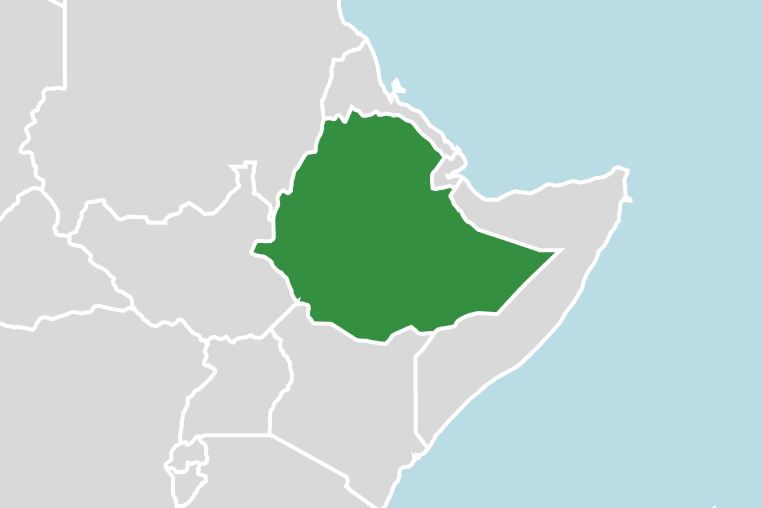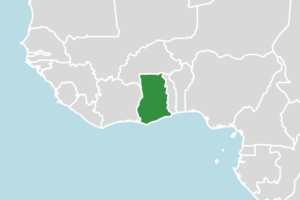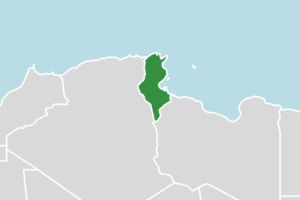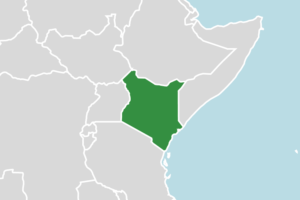Ethiopia: An African powerhouse on the rise

Ethiopia is the second most populous country in Africa, with a population of 127 million, and is a development success on several measures.
Prior to the Covid-19 pandemic, Ethiopia was one of the fastest-growing economies in the world, and the fastest-growing in Africa, with an annual growth rate of 9.1% over the decade to 2019/20.
This economic growth was influenced by a shift in government strategy in 2010 from agriculture-led to manufacturing-led growth, supported by significant public infrastructure investment.
This growth has helped boost life expectancy and led to gradual poverty reduction, a decrease in gender inequality and an overall rating improvement on the United Nations Human Development Index.
Ethiopia’s watershed moment in international trade
Ethiopia has followed a conservative approach in opening its market to the global economy. Besides being a member of one regional economic community (COMESA) and having bilateral agreements with a few neighbouring countries, Ethiopia is not a party to any other regional or multilateral trade agreements.
Hence the country’s decision to be one of the earlier signatories to the AfCFTA agreement is a watershed moment in its international trade relations.
How GIZ is supporting Ethiopia’s implementation of the AfCFTA
The GIZ supports Ethiopia at a national level. In collaboration with the government, the GIZ’s AfCFTA team aims to achieve sustainable development in Ethiopia through regional economic integration.
Key activities include:
In Ethiopia, the GIZ programme is supporting the country’s AfCFTA national committee with negotiations on and implementation of the AfCFTA. The project is also helping Ethiopian businesses take advantage of the opportunities offered by the AfCFTA.
What we have achieved so far:
Facts and figures
The AfCFTA will help Ethiopia boost its intra-African trade, which currently accounts for a relatively small proportion of the country’s imports and exports.
Ethiopia’s total intra-African trade (2022):
USD 2.48 billion (12.64% of its total trade)
Top African countries that export from Ethiopia (2022):
Somalia, Djibouti, Kenya and Sudan (together accounted for over 89% of Ethiopia’s exports to Africa)
Top African countries that import to Ethiopia (2022):
Morocco, Egypt and Djibouti
Ethiopia’s key African export products (2022):
vegetables, coffee, tea, maté and spices
Ethiopia’s key African import products (2022):
fertilisers; animal, vegetable or microbial fats and oils; and mineral fuels and oils
Our partners in Ethiopia
Ministry of Trade and Regional Integration
Ethiopian Chamber of Commerce and Sectoral Associations
Addis Ababa University School of Law
Center for Accelerated Women's Economic Empowerment
Related Content



